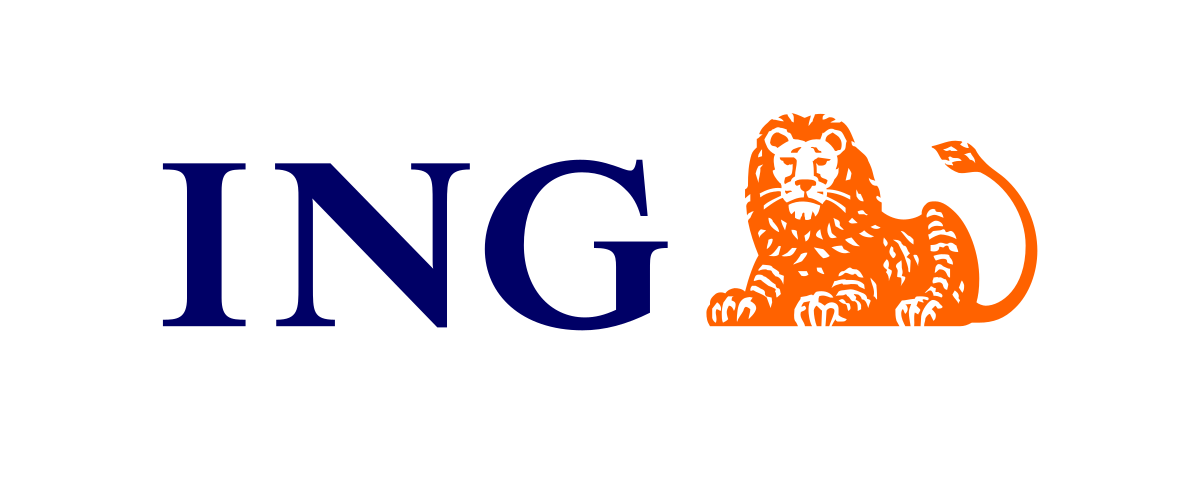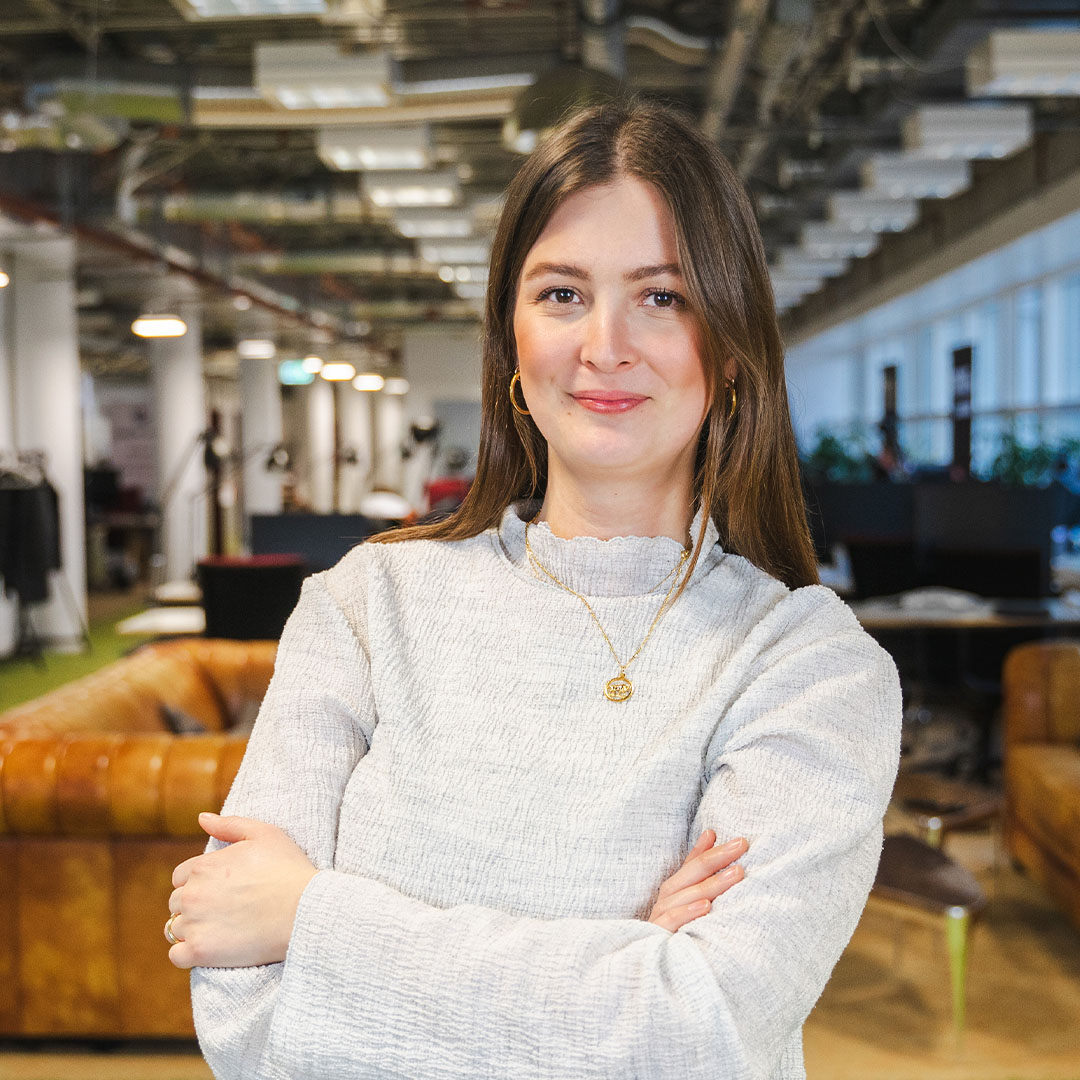
May 28, 2024
Author
Alice Bucher



May 28, 2024
Alice Bucher

ING is one of four strategic partners for the TQ Accelerator: Digital Finance which is kicking-off today.
We talked to Simon Oberle, who is part of the program board, about the importance of accelerator programs in general, Frankfurt's advantages as a FinTech hotspot and his highlights within the upcoming program.
A: Yes, we do have a long-standing partnership with TechQuartier and participate as key sponsor in this year’s Accelerator on Digital Finance. Our partnership and in particular the accelerator program provide us with a great opportunity to exchange ideas with highly innovative FinTechs to jointly work on new topics and opportunities that we already see on the horizon. The cooperation on topics like Open Finance or AI is thereby mutually beneficial as all parties contribute their own strengths for a common goal. For the ING, it is therefore important to actively contribute to such accelerators to ensure that we maintain our position as the leading digital bank in Germany.
A: Frankfurt has been an established FinTech hub for years. FinTechs find an ideal environment here with short distances to established financial players, investors, and regulators/supervisors. Furthermore, Frankfurt shines with a large talent pool for financial institutions and a strong support network for FinTechs. This also becomes evident when looking at this year’s applications for the Digital Finance Accelerator program. There were over 70 applications from around the world showing interest in coming to Frankfurt and developing new solutions here. Going forward, we see that Frankfurt will even strengthen its relevance as a hub for FinTechs. For example, Frankfurt managed to locate the European authority for anti-money laundering and countering terrorist financing (AMLA) in Frankfurt and thereby further establishing a key supervisory body here in the ecosystem.
A: Indeed, the evolution of digital finance is only accelerating. Driven by an ever-increasing amount of data and computing power, we see ourselves in a transformative environment which could change the ways of everyday banking. Topics like AI, Crypto or Open Finance are on the agenda of every financial institution and Fintech. Let me give you a concrete example: The European regulator wants to establish a framework to foster Open Finance to improve products and services offered to clients. The framework will thereby establish standardized APIs to securely share data on all financial products including investments, loans and insurance. The idea is that banking clients can allow access to their data stored by other financial institutions to receive better or new services. So, providers which excel in working with data can distinguish themselves via superior products/services as well and processes and user experience. Simultaneously, it increases transparency and opens the market to non-financial institutions like big tech. Hence it could weaken the client ownership as competitors can access client specific data (with permission of the client) to prepare an offer themselves. For ING, this provides an opportunity and a challenge at the same time. On the one side, as a leading digital bank, ING has a unique opportunity capitalizing on its strength and expertise to significantly accelerate growth. On the other side, it might provide an entry point for “new” competitors from the tech world which are striving for our position as leading digital bank in Germany.
A: Yes, there are many exciting opportunities like content specific roundtables as well as networking events. There are several highlights within the program which have the potential to further strengthen our offering towards clients, for example the initiatives around embedded and open finance or very relevant developments regarding CBDC. Overall, the networking with innovative players in the market is the most relevant element within the program for me.
Q: In your opinion, how can collaborative efforts between regulatory bodies, financial institutions, and FinTech startups further enhance the development and adoption of sustainable practices within the realm of digital finance, particularly in Frankfurt's financial ecosystem?
A: It is clear that the challenges in the coming years need a close collaboration of all market participants to deliver solutions which are safe, compliant, innovative while being relevant for clients at the same time. A very prominent example is the development of the Digital Euro which can make the European financial system more resilient and independent. However, this can only be successful if all market participants work together and thus deliver real added value for customers. The financial ecosystem in Frankfurt includes all key stakeholders and is therefore ideal to jointly work on the challenges of the future. We thereby acknowledge the importance of an open dialogue to create the future of finance. This is also the reason why initiatives such as the digital finance Accelerator are very important for us.